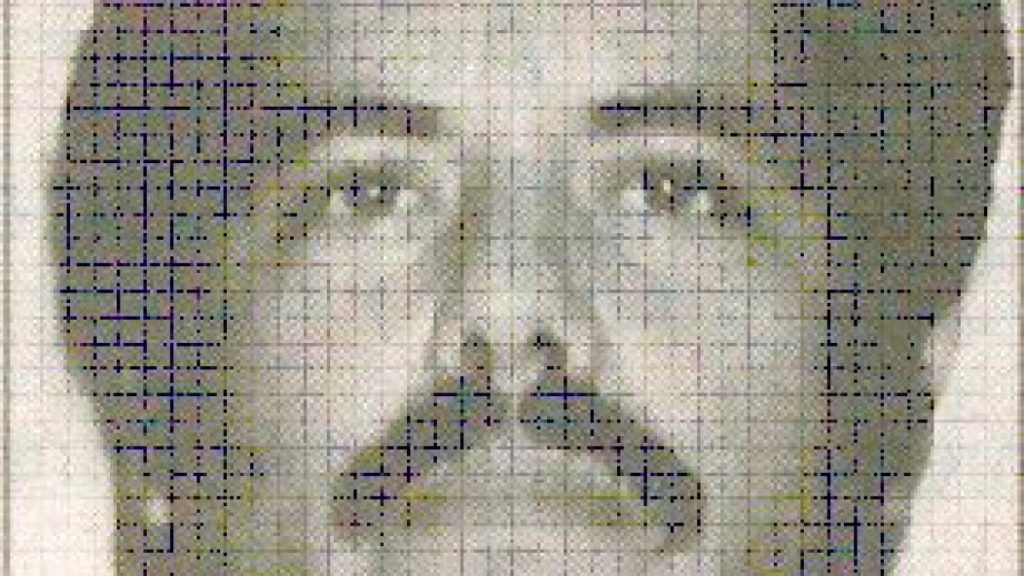In a significant development, Ismael Zambada Garcia and Joaquin Guzman Lopez, key figures in the Sinaloa drug cartel, were detained upon landing in El Paso on a private plane. Zambada Garcia, known as “El Mayo,” and Guzman Lopez, the son of notorious drug lord “El Chapo,” were apprehended by US law enforcement, marking a major victory in the fight against drug trafficking. The Justice Department confirmed their capture and highlighted Sinaloa as one of the most powerful and violent drug trafficking organizations globally, acknowledging the gravity of the arrests.
Zambada Garcia and Guzman Lopez are facing charges in the US for their involvement in smuggling vast amounts of drugs, including fentanyl, into the country. Fentanyl has become a leading cause of death for young Americans, underscoring the seriousness of the charges against the two men. While Zambada Garcia pleaded not guilty in court following his arrest, Guzman Lopez was not immediately presented in court. The younger Guzman is part of a group of sons who inherited their father’s faction of the cartel, continuing the criminal legacy of El Chapo within the organization.
The US government had placed a $15 million bounty on Zambada Garcia, who had reportedly assumed leadership of the Sinaloa cartel after El Chapo’s arrest. Attorney General Merrick Garland emphasized the role of Zambada Garcia and Guzman Lopez in the cartel’s criminal activities, particularly their involvement in fentanyl trafficking networks. President Joe Biden pledged continued efforts to combat drug traffickers and protect American citizens from the devastating impact of drug-related deaths. Mexican authorities were not directly involved in the operation, with President Lopez Obrador seeking transparency in the handling of the case.
The arrest of Zambada Garcia and Guzman Lopez sheds light on the different approaches taken by drug traffickers within the Sinaloa cartel. Zambada Garcia, known for his discreet operations, contrasts with El Chapo’s sons, renowned for their flashy and violent tactics. The Sinaloa cartel, operating in numerous countries, is considered one of the most powerful criminal organizations in Mexico. The contrasting styles of the older and younger generations of traffickers may have implications for the future dynamics of the cartel and organized crime in the region.
The potential consequences of the arrests of such high-profile cartel leaders are significant, as they can lead to power struggles and violence within and between criminal organizations. Previous instances of arrests of key cartel figures have resulted in power vacuums and increased infighting, leading to instability within the criminal underworld. Vanda Felbab-Brown, an expert on Mexican security, highlighted the looming threat of violence following the arrests of Zambada Garcia and Guzman Lopez. The repercussions of these detentions could have far-reaching effects on the criminal landscape in Mexico and beyond, as the Sinaloa cartel adjusts to the removal of its top leaders.















